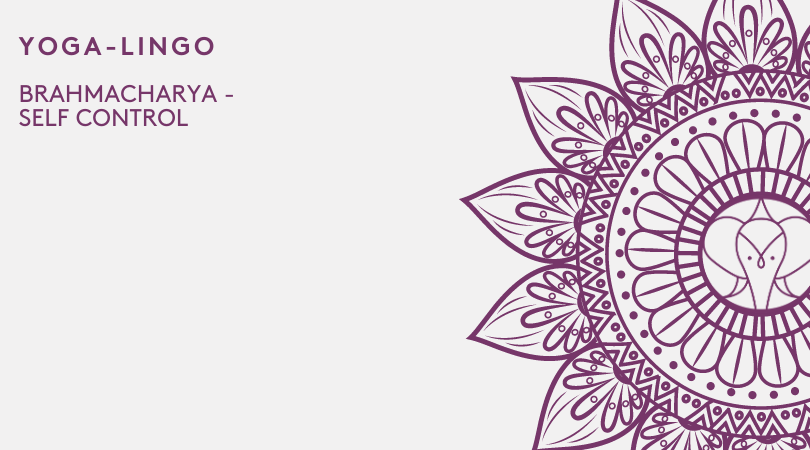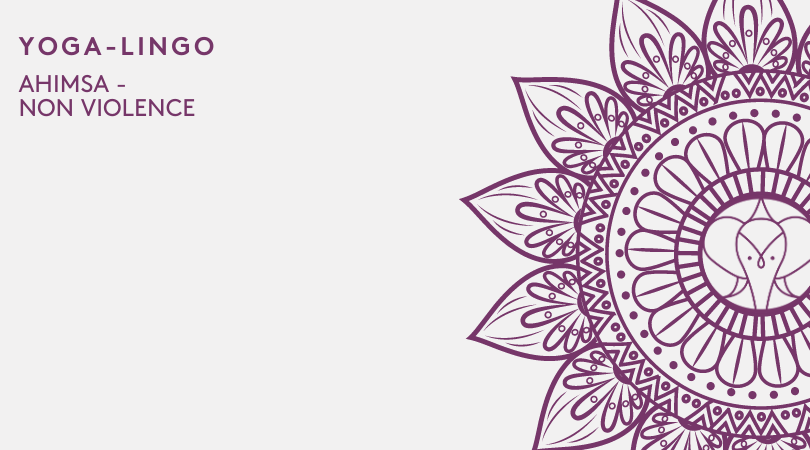What is Abhyasa: Practice?
The act of being present is harder than one may initially anticipate. To be focused entirely at the moment, the mind consumed by what is, rather than what will or may be, is a skill which takes practice and dedication to master. This is the idea behind abhyasa.
Abhyasa is a Sanskrit word which means ‘practice.’ It refers to the practice or discipline of achieving a tranquil state of mind and obtaining and keeping a state of harmony within one's self. To achieve this requires a quiet consistency and dedication: to see change, you need regular practice.
Abhyasa implies action without interruption, and this requires effort and dedication to achieve. The concept involves cultivating every aspect of your being towards the positive - your lifestyle, actions, speech, and even thoughts are trained towards positivity, and this training can be assisted by spiritual practices such as yoga and meditation.
Life is about balance, and the alternating of activity and rest form the basis of our routines. This concept also applies to yoga and forms one of the basic ideas behind the practice. Within yoga, this 'activity' is known as abhyasa, which can be translated as ‘constant exercise.’ Its twin, vairagya, translates as ‘dispassion.’ Both elements are essential to maintaining balance.
Every yoga practice, however short must include these two elements in equal measures. There is a balance between realizing self-understanding and a surrender of all worldly goods and attachments to reach a higher state. One cannot exist without the other; for harmony to occur, you must incorporate a balance into your practice and your everyday life.
There are said to be three essentials to practicing abhyasa: practicing without interruption, practicing for a longer time, and remaining committed to the practice even when things are tough.
The results are cumulative; the more you practice, the more addictive it becomes. By maintaining a regular effort towards presence on the mat, you will find yourself more present in your everyday actions.









